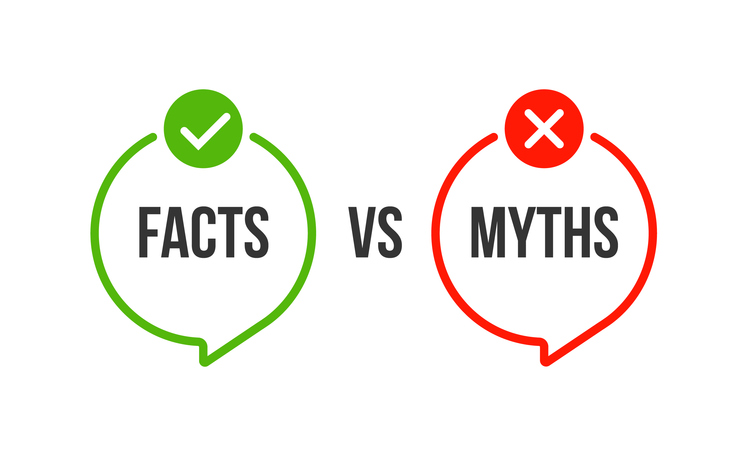Using autopilot when flying has the potential to improve the efficiency and performance of a flight. Autopilot budgeting (or simply building on maintenance level spending), however, rarely leads to a more efficient or effective investment of taxpayer dollars. This is something former Governor Gary Locke realized when he launched his renowned Priorities of Government (POG) budget process in 2002. Based on bills now under consideration in Olympia (HB 1817/SB 5066) it looks like lawmakers may be ready to take the state budget process off autopilot and instead start to focus on performance-based budgeting.
The POG budget process initiated by Governor Locke required each agency to rank program activities in order of their importance to the public. As previously described by the Office of Financial Management, “This zero-based budget approach starts with several basic questions:
- What are the results citizens expect from government?
- What strategies are most effective in achieving those results?
- How should we prioritize spending to buy the activities that are most critical to implementing these strategies?
- How will we measure progress?”
By focusing on the results you want to achieve instead of just maintenance level spending, policymakers are able to transform the budget from a spending document to a performance agreement with taxpayers focused on effectively and efficiently delivering core functions of government.
The Legislature never adapted its budget process to match the effort Locke started. HB 1817/SB 5066 is a step in the right direction. The bills also appear to move towards several of the recommendations from a 2004 JLARC performance audit:
- Set statewide priorities and targets by publishing an annual "state-of-the-state" report.
- Focus on outcomes by routinely requesting and using "performance information in policy and budget decisions.”
- Take a more active and direct role in agency activities and decisions.
- Base legislative committee decisions on performance outcomes by structuring committees around the state's governing priorities.
According to the bill report for HB 1817/SB 5066, the proposal:
- "Allows the Legislature to specify in the Omnibus Operating Appropriations Act, or other legislation, certain programs for which agencies must perform a zero-based budget review.
- Requires agencies to submit zero-based budget reviews for certain programs identified each biennium by the Legislature.
- Requires the Governor and the Legislature to consider zero-based budget reviews when preparing the state budget."
The natural next step in the Priorities of Government budgeting process is to identify measurable performance outcomes for those programs funded in the budget. This is something the state of Texas does in its appropriations bill. By having detailed performance information, better prioritization can occur by funding those strategies that deliver the best results.
To help build a baseline for future spending decisions, the budget adopted should identify at least one high-level performance outcome per activity purchased. This will allow the budget to be transformed from a spending document to a performance-based purchase agreement between government and taxpayers.
As the legislature considers these types of broader budget reforms, HB 1817/SB 5066 is a step in the right direction and will help move Washington towards full-fledged performance-based budgeting. This type of budget reform will help demonstrate a commitment by lawmakers to taxpayers that the state is being a good steward of tax dollars and is focused on actually achieving the performance results for government spending that is expected.
The Senate approved SB 5066 28-21 on February 28. The proposal received a public hearing in the House on March 15. We'll know in a few weeks if the House is ready to join with the Senate to take the state's budget process off autopilot.
Additional Information
Priorities of Government Budgeting




